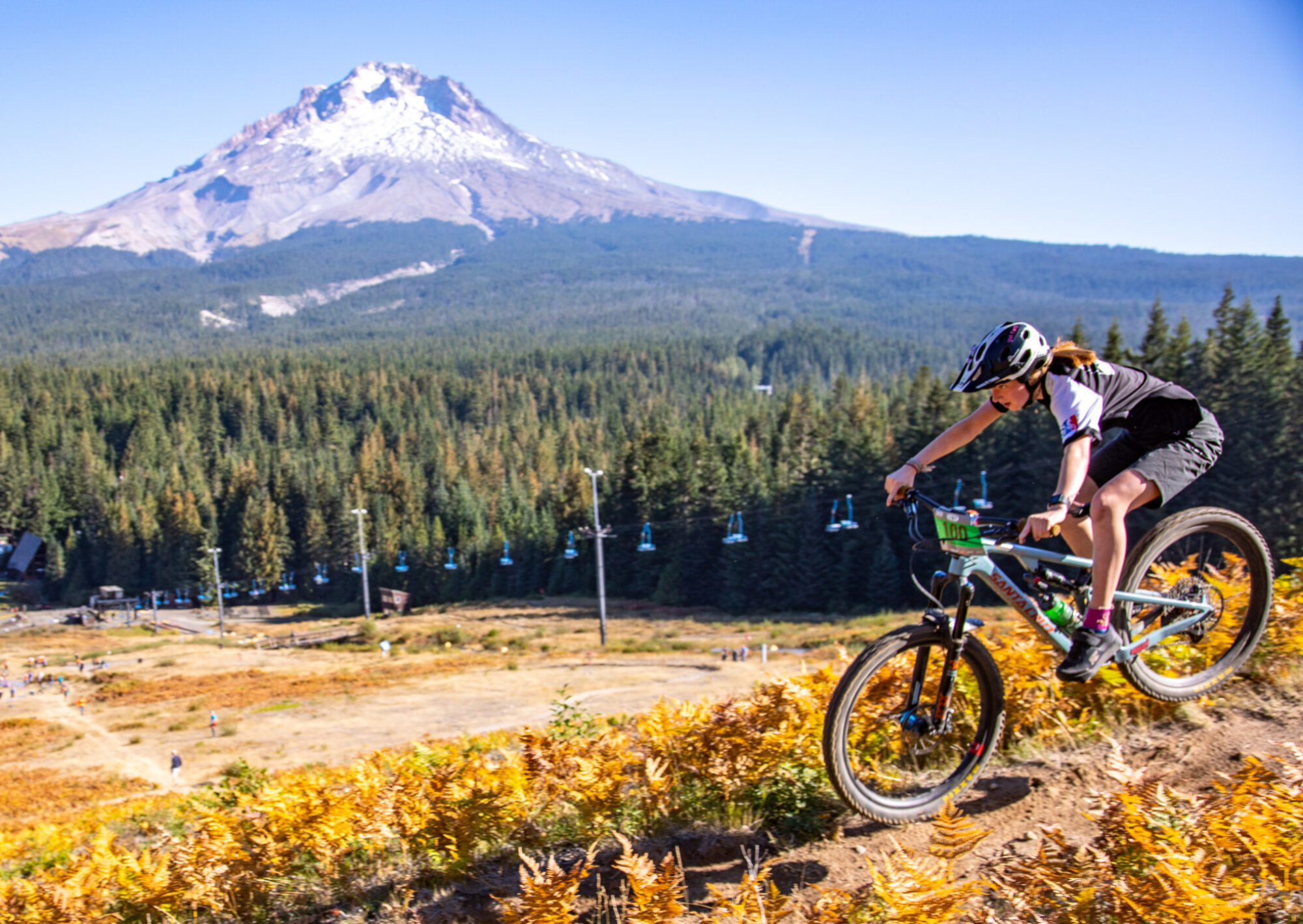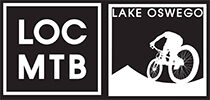The right nutrition at the right times can help you nail your ride and feel solid and energized! For individualized nutrition coaching, contact Marisa Michael at dietitian@realnutritionrdn.com or find us online at realnutritionllc.com.
For normal day-to-day eating:
For most people, a varied diet of lean protein, fruits/veggies, dairy, whole grains, beans/legumes and nuts/seeds is the way to go for both health and performance. Be sure to get three full meals daily, plus snacks as needed. Many teen athletes don’t eat enough to support both their sport and growing body. You may need to eat more than you think!
Right before a race or ride:
If you have 2-4 hours before riding, you can eat a full meal, as you’ll have enough time to digest much of it before the ride. Try to stay away from very greasy, fibrous, or fatty foods if this causes stomach upset too close to a ride.
If you have about 30-60 minutes before you ride, eat a snack that is a simple carbohydrate without too much protein, fat, or fiber. These types of foods get digested quickly to provide fuel for your working muscles. Try foods like a white bagel, pretzels, Goldfish crackers, fruit, fruit snacks, or a sports drink. Our free fueling guide has tons of options.
During a race or ride:
Depending on how long the ride is, you may not need extra fueling. If it is less than 90 minutes and you don’t feel hungry, gassed, or fatigued you’ll be just fine sipping water or a sports drink during the ride.
If it is more than 90 minute ride, or you haven’t eaten in a while, you’ll need to fuel during the ride. Aim for 30-60 grams of carbs per hour. Simple carbs work best, like gels, gummies, pretzels, Pop Tarts, or dried fruit. Grab our free fueling guide for all sorts of good fueling ideas.
A general rule of thumb is to drink at least 8 ounces of water or sports drink per hour during a ride. You may need more than this depending on your sweat rate, the temperature and humidity, and the altitude. Choose a sports drink over water if you need the extra fueling from the carbs in the drink, or need to replace electrolytes for long rides or if you are very sweaty.
Don’t wait to eat until you are famished and don’t wait to drink until you feel thirst – at this point you will be playing catch up. It is more beneficial to eat and drink small amounts consistently and stay ahead, rather than wait until you are desperate.
Practice fueling just like you would practice biking – don’t try something new on race day, test it out in practice first.
After a race or ride:
Have a good, balanced meal after riding. This should include a variety of food groups to get a range of nutrients. Something with protein, fat, and carbs is ideal. This could be a spaghetti dinner with ground beef and green salad, fish tacos and a smoothie, or a sandwich with fruit and chocolate milk. Rehydrate as necessary, especially if you lost a lot of sweat.
One study looked at the nutritional habits of 74 mountain bikers competing in a 24 hour race:
https://www.ncbi.nlm.nih.gov/pmc/articles/PMC4320206/
- Participants kept a training diary during the 3 months prior to the race and completed a questionnaire about pre-race diet and use of supplements
- Participants answered a second questionnaire about during and post race nutrition prior to the start of the race
- Pre-race intake (4 weeks)
- 63.5% followed a carb-rich diet
- Pre-race intake (day before)
- 83.8% followed a carb-rich diet
- Most common foods consumed before, during, and after the race
- During:
- 86.5% of racers consumed bananas
- 50% consumed energy bars
- 43.2% consumed apples
- 43.2% consumed cheese
- After:
- 44.6% consumed bread
- 33.8% consumed rice
- 33.8% consumed bananas
- 33.8% consumed chicken
- During:
- Fluids
- During:
- 82.4% consumed an isotonic sports drink
- After:
- Water was the preferred beverage after
- During:
- Racers ate an average of 30.6 times during the 24 hours race
With the right nutrition and fueling you can feel stronger and go longer and harder! Contact us for questions or personalized nutrition coaching. realnutritionllc.com
~This is general information only and not nutrition advice. Always check with your healthcare provider before undergoing any diet or lifestyle change.

